Debuting on Netflix on January 9, American Primeval is a six-part western that tells the story of the violence and conflict in Utah during 1857. Following various groups of people in a fight for survival, the show features an ensemble cast of heavy hitters like Taylor Kitsch, Shea Whigham, and Jai Courtney. Directed by Peter Berg, the gritty Netflix series presents a realistic depiction of life in 1850s America.
Game Rant recently caught up with Kim Coates, the actor who portrays real-life Mormon leader Brigham Young. Coates, whose storied career includes leading roles in hit shows like Sons of Anarchy and Bad Blood, explained how this was a role he simply couldn’t turn down. This interview has been edited for clarity and brevity.
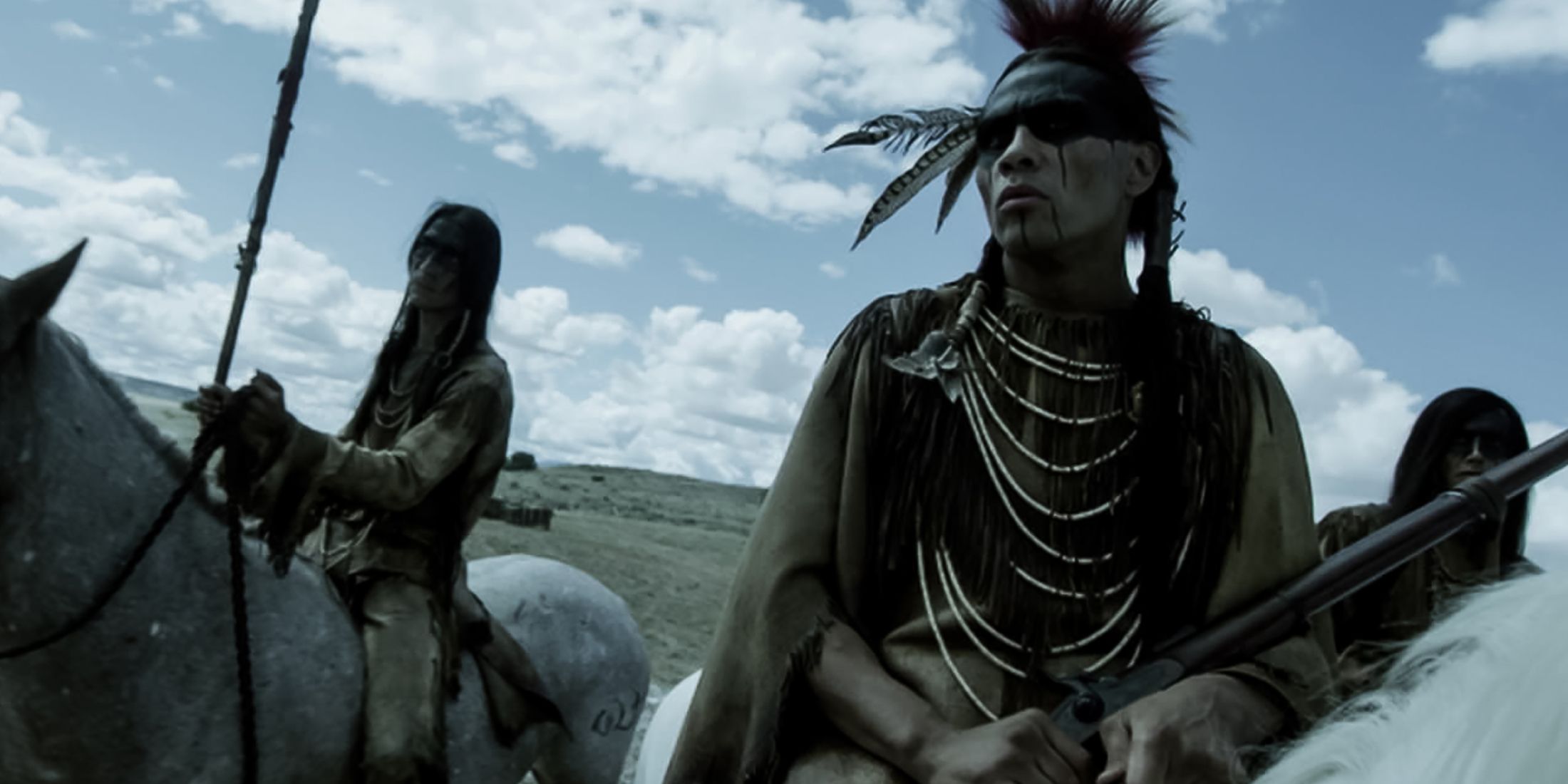
Related
American Primeval Cast and Director Discuss the Western Series’ Cultural Influences
Game Rant caught up with the cast and crew of the upcoming Netflix Western series American Primeval to discuss the show’s cultural themes.
Brigham Young’s Role in American Primeval
Q: What was it like working with director Peter Berg on American Primeval?
A: What Peter Berg has done with this limited series is like no other. He’s so artistic, he’s so crazy, he’s so brilliant, and he’s so unafraid to fail. He just let everybody do their job. He allowed me to immerse myself in Brigham Young, and for him to offer me that part was amazing. You don’t get the chance to play guys like this ever in your career.
Q: What did you know about Brigham Young before you took this role?
A: I knew nothing about Brigham Young other than the university and the Mormonism of it. I’m unfamiliar with the Mormon religion, but when the offer came in for me to play this guy, it was vibrant. It was exciting. I was scared sh*tless. I didn’t know what I had stepped into, but I wanted to be on the train.
I started looking at photographs of the real Brigham Young. I read three massive biographies about him and a novel called The 27th Wife about all of his wives. I had two and a half months to get into this guy’s head. I’m glad I had that much time because Brigham Young is like Dracula to me. In other words, he’s not in the show all that much, but when he is in it it’s all about him. It’s about his ideals. He’s fighting for his flock, his people. You better keep your eyes wide open when he comes on the screen because it’s all hands on deck.
Q: How did you approach playing the role of Brigham Young?
A: I’m a very internal actor. I hate to use the word ‘method’. Kids don’t even know what that word means. These young actors don’t know what to do with method acting. I like to use the phrase ‘internal actor.’. I have to say, Brigham Young is one of the few times I can remember lately that I started from the outside in. I had to start from the outside, because when you’re playing a real historical figure, no matter what your views are on Mormonism or religion, it’s important to understand every detail. What did he look like? What do we know about him? How did he look? What did he wear?
Peter Berg knew what he wanted. Brigham Young was famous for his blue eyes and stare. He could cut through people, and he was smart. He wasn’t even well-educated but he read, and he read, and he read. The whole thing about polygamy and monogamy and how that tied into the Mormon religion was stuff that I really needed to wrap my head around. It was a lot of external prep work with reading biographies and observing how he looked in the paintings.
Then I got into my internal work during the last two or three weeks before we started filming. I just tried to bring a strong sense of strength to him. A ‘says it with his eyes’ kind of thing.
Q: How long did you spend researching and learning about the character?
A: I’m still wrapping my head around him now, to be honest. I was a history major at university before I discovered drama and that became my major. I’m a big history buff, so learning all about Brigham Young and the Mormon religion was so interesting. I had such a wealth of research to help me play this part.
Then you start digging into how they talked. I had the Mid-Atlantic accent and you can’t sound like you’re from the Bronx. That doesn’t work. You also can’t sound British because they didn’t talk like that. All these guys came from Pennsylvania, Southern Ontario, and Canada. That’s where the Mormon religion started to bubble and they spoke in a Quaker-style language. When they speak it’s a mix of England and Scotland and America. It was fun to dive into this guy. I never really left feeling like Brigham Young throughout the entire process.
Q: What would you say was the most surprising thing that you learned about Brigham Young?
A: The big thing about him is that Brigham Young truly saved the Mormon religion. What that man did in terms of saving not only the people but an entire religion was amazing. He took them over mountains, through streams in the winter, in dozens of these carts. What Brigham Young did when he arrived in Utah is all documented. When he got to the flats, nothing was growing there. You can’t grow a blade of grass in that beautiful, mountainous part of Salt Lake.
It was a salt lake. There was nothing. He got there, got off his horse, and it’s documented that he said, ‘This is the place.’ I think when you play a man like that, you want to do service to his reverence for God and his attitude of ”I’m doing this for all of my flock, I don’t \care about whether I live or die. It’s about God. God has sent me on this journey.” It’s not important whether Kim Coates believes in God or not, but diving into this man’s mind, his belief in the spiritual world, and how it gave him all the strength in the world was eye-opening.
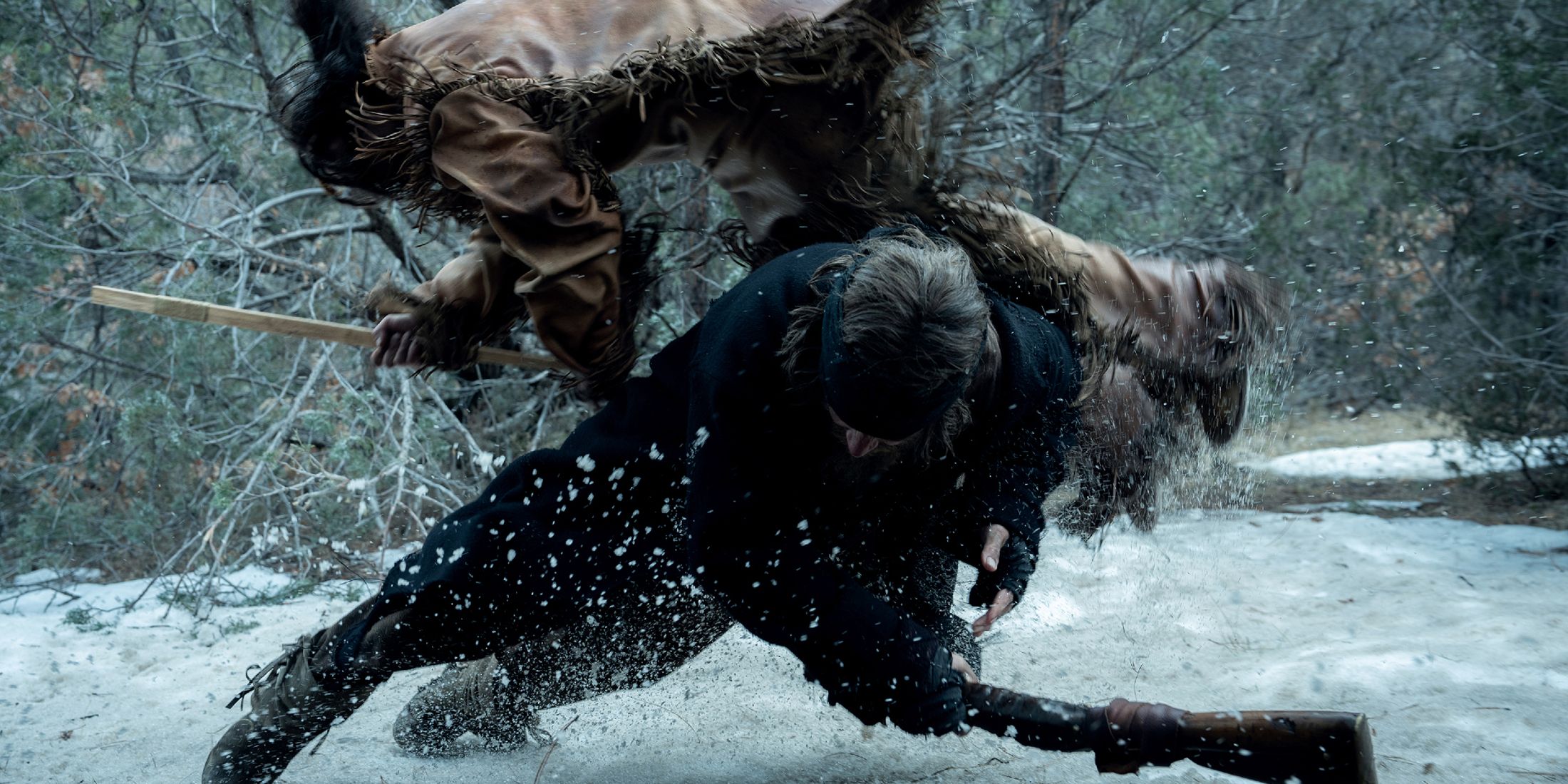
Related
Game Rant caught up with Peter Berg, the director of the upcoming Netflix Western American Primeval, as he explained the show’s premise.
How American Primeval Balances Historical Accuracy With Dramatic Storytelling
Q: How do you feel that American Primeval balances historical accuracy with dramatic storytelling?
A: They decided very early that there would be no CGI. There is no fake weather or things like that. When you do something as real as this, you better prepare for the elements. You had better be prepared for stuff that’s going to break down. You’re dealing with real things, real weather, real animals. We used wranglers who are the best in the world. They helped us control the horses, and then you get the people who make the wolves come and snarl and snap – that’s no joke! These are real live human beings and animals, which is why I am so in love with this series. It’s as real as it gets.
I think a huge part of the balancing act is the strength of the writing. The writing is so dramatic, and it engages you whether arrows are flying through the air or it’s just two people talking, it engages you all the same. Our director, Peter Berg, was a huge part of why it turned out so well. I can’t wait to work with him again; he’s just brilliant.
That entire Fort Bridger set was really built to size. That was the actual size of Fort Bridger. Netflix didn’t spare any expense! Honestly, what you see on the screen is the real deal. The cast was all perfect, and the indigenous actors were phenomenal.
Q: Was there any particular moment that stood out to you from the experience?
A: That’s a fair question, but I don’t have any favorites. I will say this though: being cast alongside Shea Whigham was brilliant. We were like two big bears coming together. Peter Berg said our scenes together just crackled with energy. It was unbelievable. He is just brilliant.
The other thing I’ll say is the horse I had, Phoenix, was huge! Every time I got on that horse, this massive stallion, there was no f*cking around. I’ve been riding my whole life, and they picked out this black, beautiful stud of a horse for me. Phoenix was a bit frisky, so he was hard to deal with. He didn’t want to stand there too long so it was tricky at times.
We never used a double though! I did all my own riding. I’ll never forget putting his clothes on. I’ll never forget riding that horse and being with Phoenix, Shea, and Peter. It was a special time.
Q: Were there any moments in the show that you feel define Brigham Young in terms of the sort of person he was?
A: I haven’t seen the whole thing yet because I wanted to wait for the premiere and I want to be surprised. I know what I shot, but not what’s left in the final cut. In terms of a defining moment, I don’t know. There are parts of it where I don’t say anything, but you can see in my eyes what I’m thinking. The scenes with Shea and I as Bridger and Brigham Young when we’re debating whether to give me the fort for what price. It was a spectacular acting job for both of us.
Q: What do you feel would’ve been the toughest aspect of living in 1850s America?
A: Great question. How did anyone survive in 1850s America? I don’t know, because it was such a melting pot. You had the Mormons, the white men, the Native Americans, the Chinese just to name a few! Honestly, how were people meant to survive? Where should they go for their piece of land? What’s going to happen? How do they go to sleep at night? How anyone survived back then in 1857 in America is beyond me.
The show does a great job of showcasing this as well. The audience can decide who they are rooting for. Every story needs a hero, and I think there are multiple here, but the main motivation for everyone is survival, so the lines between good and bad are blurred.
Some awful things are happening on screen mainly because of survival. Everyone wanted and needed to survive. Peter didn’t pull any punches, man, none! This script was written with love and care and truths, and I’m not sure anyone will be super happy with the truths we talk about, but that’s why we learn history. That’s how we learn. We fail all the time, we fail at history, the sh*t that we should have learned. We fail all the time, but as humans, we keep trying. We’re going to keep on trying to do quality work.
Q: Is there one thing that you hope viewers take away from not only your performance, but the show in general?
A: I don’t want to get too political, but one of America’s biggest problems right now, to me, is the lack of understanding of the wider world. The lack of travel and of not leaving the towns they were born in. Of course, I’m generalizing a little. Sure, many different people in America are extremely well-traveled, but generally speaking, I want people to watch this limited series and understand this piece of history. Certain people in America have destroyed the truth these days. Everything has gotten so political. It’s such madness. I want people to watch this limited series and learn and watch what really freaking happened back then in 1857 in America.
Of course, there are some dramatizations. There are a few things that we’re not really sure of because we weren’t alive then. 99% of it was brought from books, from journals, and then Peter Berg and Mark Smith wrote this incredible story that I want people to watch and go, ‘Holy crap! This really happened.’ The Mormon religion was really like that back then. The white guys and the Native Americans were fighting for land just to survive. This is just before the Civil War.
We haven’t even touched on the Civil War in this show. It’s about to start three years after what unfolds in American Primeval. So it’s a fantastic way to learn about history. If you don’t want to pick up a book or travel to Spain or visit Mexico, the best thing you can do to learn is watch this.
[END]
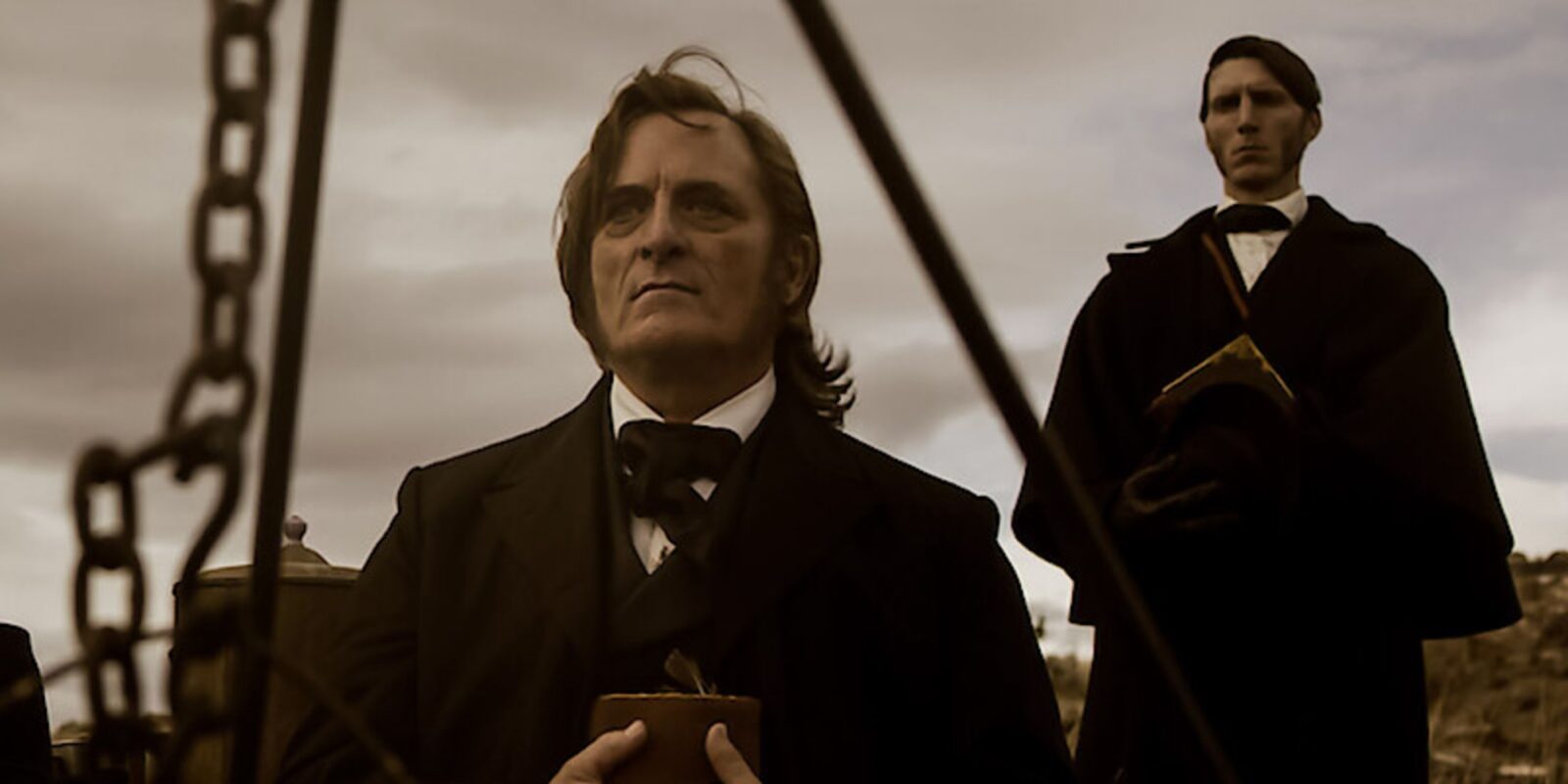
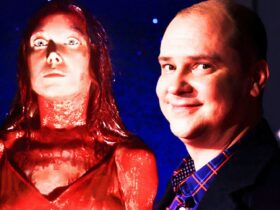
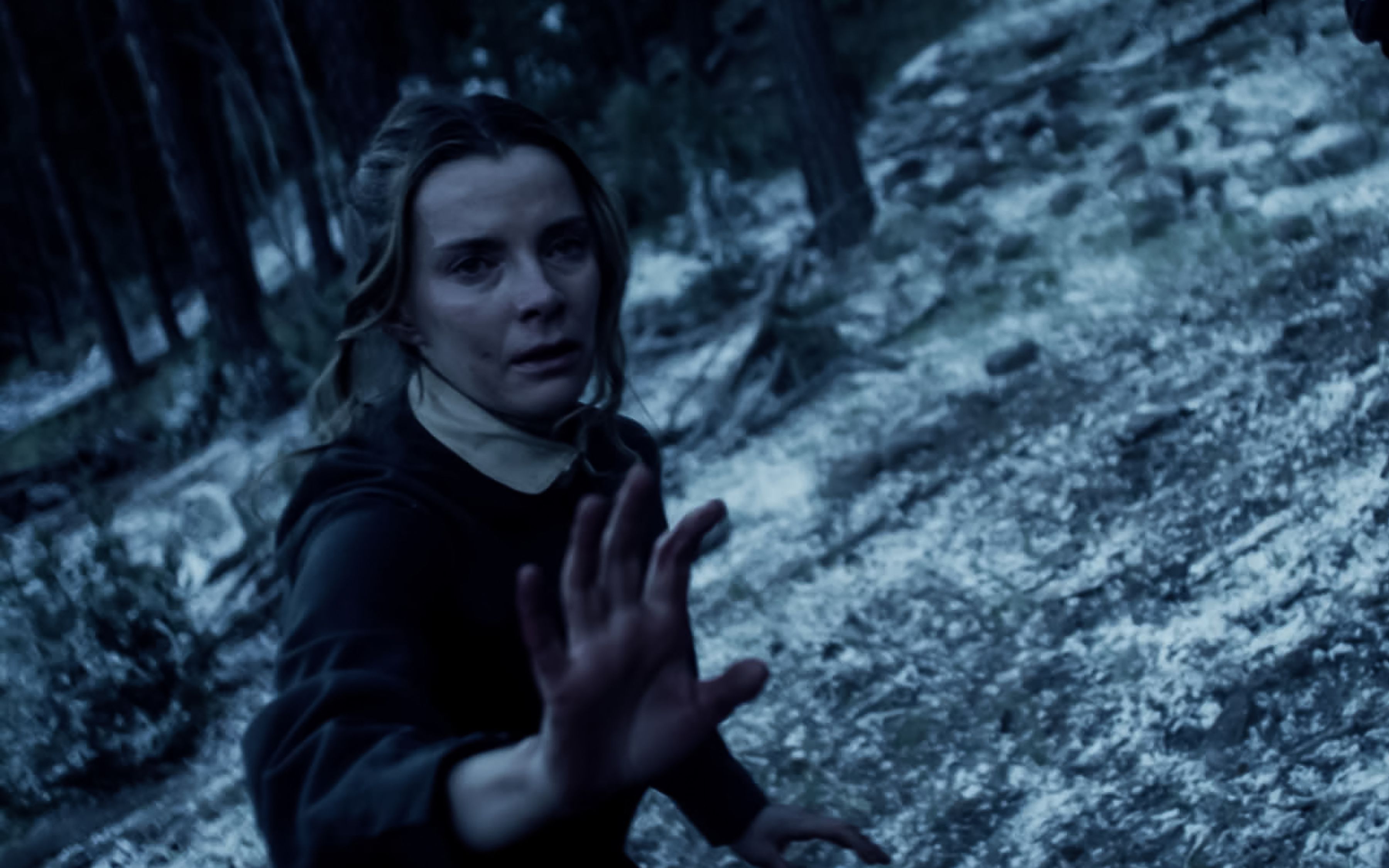
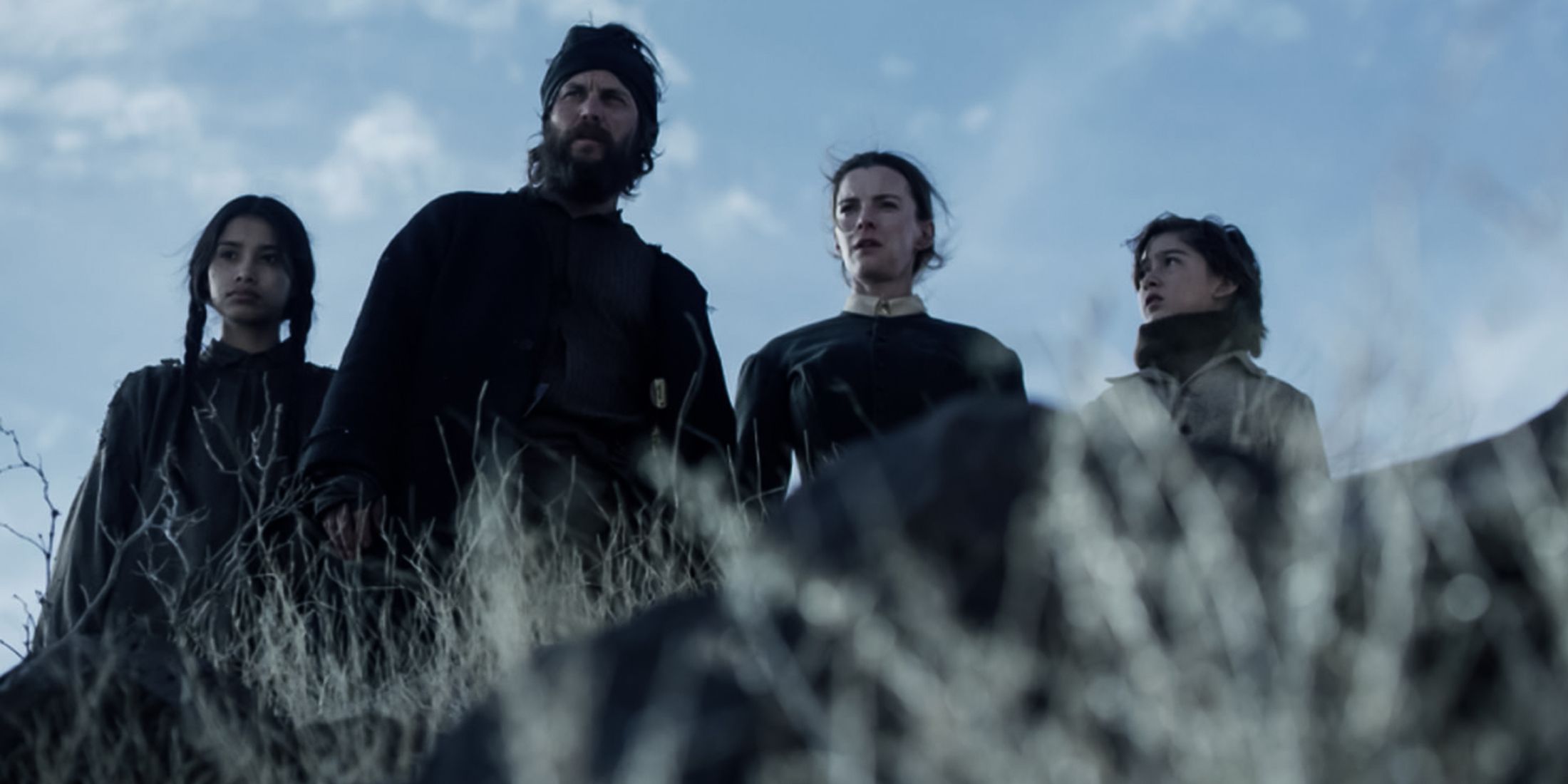
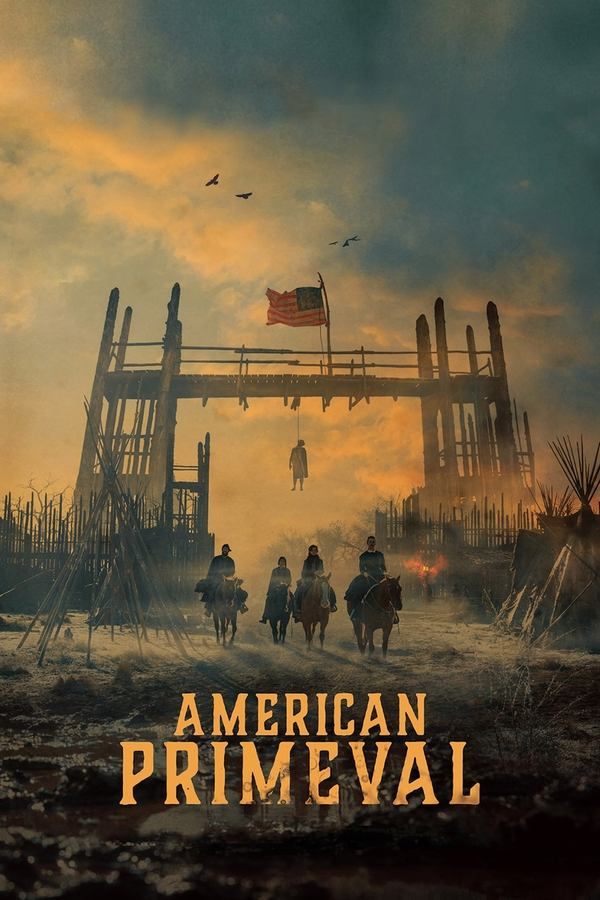

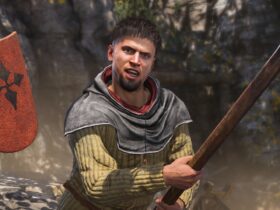
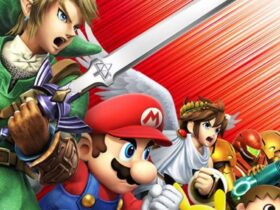


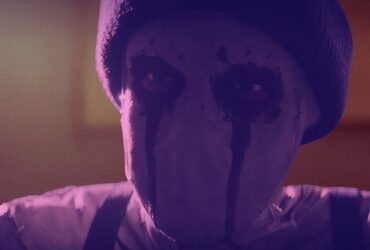
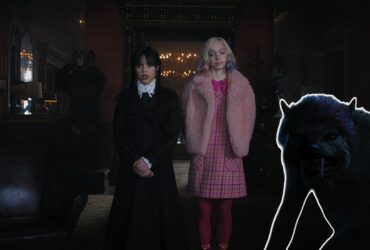


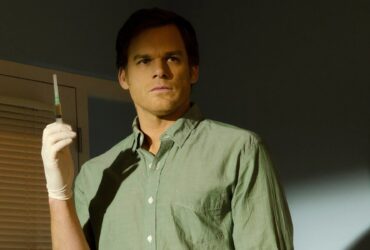
Leave a Reply